Advertisement
Sempre Health is rethinking how patients can afford prescription medications. Rather than using static discounts or relying on traditional insurance models, Sempre applies behaviour-based pricing—rewarding patients for consistently filling prescriptions. Their approach encourages medication adherence through lower costs, all delivered via SMS-based engagement.
To support this work, they rely heavily on predictive analytics. But building out scalable machine learning (ML) systems is complex, especially for lean health tech teams. That's why Sempre joined the Expert Acceleration Program—to sharpen its ML strategy, improve internal tooling, and speed up development across its roadmap.
Sempre’s ML journey began with predictive models focused on patient behaviour. But turning those early models into scalable, production-ready systems required more than data science—it required structure, repeatability, and domain knowledge. Rather than trying to solve this alone, Sempre joined the Expert Acceleration Program, gaining temporary but deeply embedded ML experts who worked side-by-side with their team.
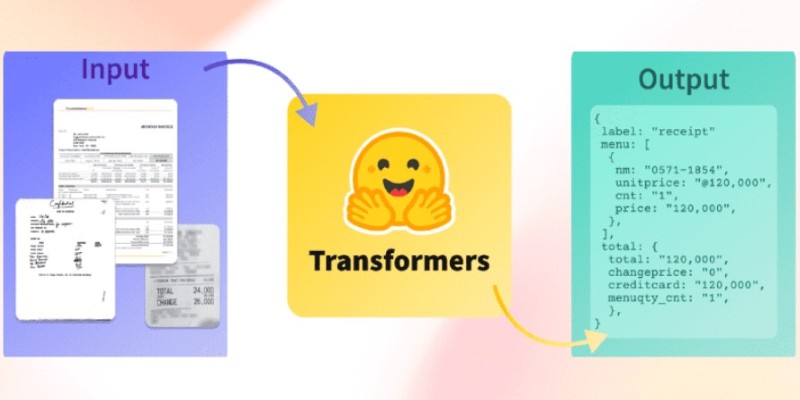
This program wasn’t about outsourcing projects—it was about building internal strength. The experts joined sprints, advised on architecture, and helped prioritize bottlenecks. Sempre’s goal was to build ML tools they could own, improve, and scale. By focusing on infrastructure and workflows—not just output—the team laid the groundwork for long-term growth.
One of the first priorities was identifying friction in the existing ML lifecycle. From data ingestion to deployment, many steps were either manual or slow. The program team helped map this out and then worked alongside Sempre engineers and analysts to streamline each step. The result was not only better performance but greater transparency in how models influenced product features.
For ML to be useful in healthcare, it has to be accurate, explainable, and maintainable. Sempre needed to predict behaviours like prescription abandonment, but it also had to be clear why a model reached its conclusion. Through the Expert Acceleration Program, Sempre reshaped its pipelines, tools, and model validation process.
Their first focus was on data. Sempre collects structured and semi-structured data from pharmacies and payers, which introduces inconsistency. With help from the program, they rebuilt their ingestion pipelines for cleaner formatting and more reliable labels. That made it easier to train models on well-defined patterns.
The next change was how they organized their ML code. Previously, many models were built as standalone projects with limited testing or reuse. The team began transitioning to a modular ML framework. This improved everything from version control to debugging and reduced the burden on engineers when deploying new models.
Sempre also rethought how they evaluated models. Rather than pushing models directly into production, they used shadow testing to run them quietly alongside existing systems. This gave them performance feedback in a real-world setting—without affecting outcomes—so that they could iterate more confidently.
The team built tools to surface where models were struggling, especially in edge cases. They introduced standardized logging and clearer feedback loops between engineering and product. These changes helped the team build trust in the models, making it easier to improve them over time.
Sempre’s upgraded ML process now touches everything from product decisions to patient communication. Their models can spot patterns in refill behaviour early—allowing timely, targeted interventions. When someone is at risk of skipping medication, Sempre can send messages or price incentives that are more likely to make a difference.

Engineering velocity has improved, too. Previously, deploying a model might have required a full cross-team handoff. Now, thanks to shared interfaces and repeatable workflows, a new model or model update can be tested and deployed quickly and efficiently. That speed means Sempre can run more experiments and make product updates that are grounded in data, not guesswork.
The new infrastructure also makes communication smarter. Sempre tailors messaging strategies based on patient preferences. Some respond to cost reminders, others to timing nudges. ML helps determine the right message for the right moment, improving both engagement and outcomes.
On the business side, Sempre now builds its roadmap with greater clarity. Their models are easier to monitor, retrain, and adapt. That means less time for firefighting and more time for planning. The Expert Acceleration Program gave them not only temporary expertise but also a foundation that stays with the team long after the program ends.
Sempre Health's collaboration with the Expert Acceleration Program shows how fast, focused support can transform a growing company's machine-learning capability. In healthcare, decisions made by algorithms have real-world consequences. So, models need to be more than accurate—they need to be understandable and stable.
By embedding ML experts directly into the team, Sempre avoided long handoffs and abstract consulting reports. Instead, the experts helped build systems that reflect the company’s values and constraints. This practical, integrated model is often more effective than trying to scale ML alone or hiring a large in-house team too early.
It also points to a different way of thinking about external support—not as a crutch but as a jumpstart. Especially in industries like healthcare, where the path to production is slower, and stakes are higher, well-structured support like this can accelerate both learning and delivery.
Sempre now has the tools to continue building smarter models, refining product features, and improving patient outcomes—all without waiting on massive team expansions or outside agencies. Their work shows that with the right kind of support, health tech companies can build ML systems that are practical, reliable, and ready for the real world.
Sempre Health's use of the Expert Acceleration Program was a focused move to strengthen its machine learning foundations. By pairing embedded ML experts with internal teams, they improved how data flows, how models are built, and how decisions are made. These improvements are already shaping their product and engineering roadmap. More than a short-term boost, this collaboration gave Sempre a working model for how to scale ML thoughtfully in a high-impact space. It's not about doing everything at once—it’s about building with clarity and confidence, one layer at a time.
Advertisement
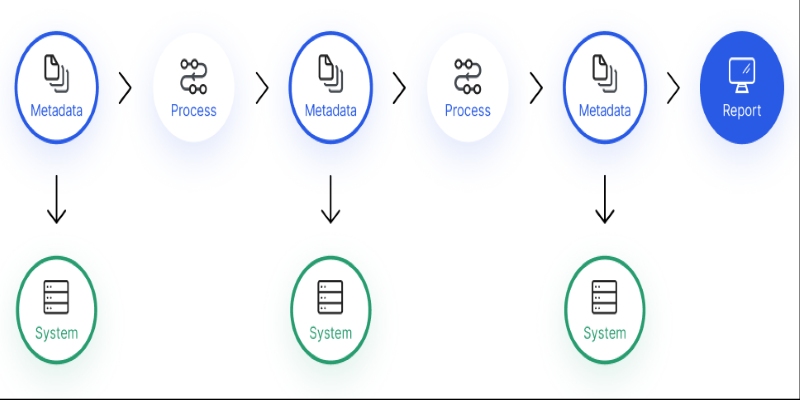
Confused about where your data comes from? Discover how data lineage tracks every step of your data’s journey—from origin to dashboard—so teams can troubleshoot fast and build trust in every number

Learn how to impute missing dates in time series datasets using Python and pandas. This guide covers reindexing, filling gaps, and ensuring continuous timelines for accurate analysis

Improve automatic speech recognition accuracy by boosting Wav2Vec2 with an n-gram language model using Transformers and pyctcdecode. Learn how shallow fusion enhances transcription quality
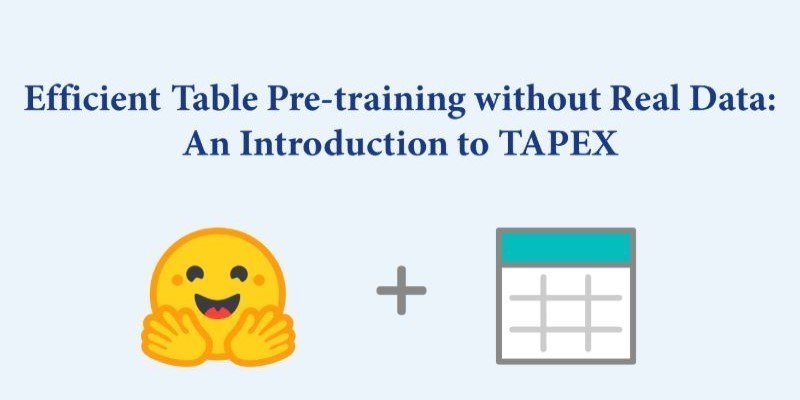
How TAPEX uses synthetic data for efficient table pre-training without relying on real-world datasets. Learn how this model reshapes how AI understands structured data

Prepare for your Snowflake interview with key questions and expert answers covering Snowflake architecture, virtual warehouses, time travel, micro-partitions, concurrency, and more
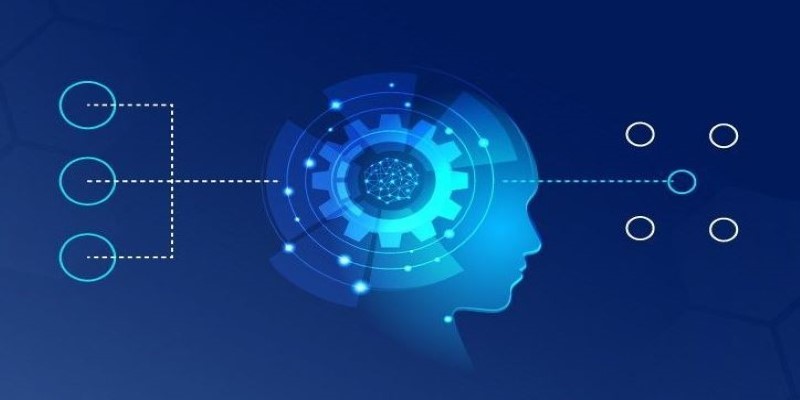
How explainable artificial intelligence helps AI and ML engineers build transparent and trustworthy models. Discover practical techniques and challenges of XAI for engineers in real-world applications
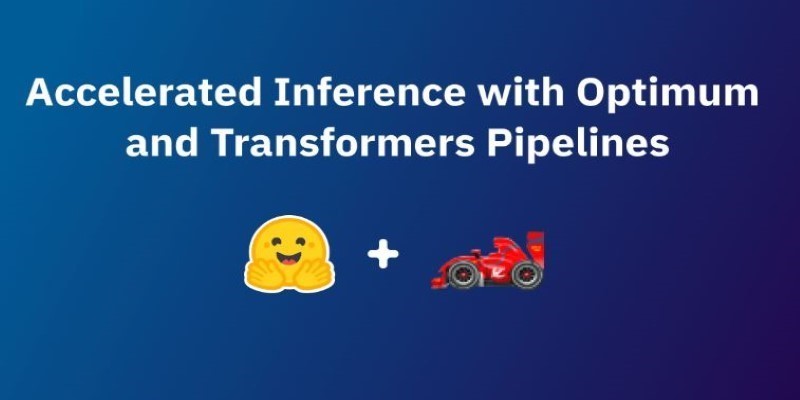
How accelerated inference using Optimum and Transformers pipelines can significantly improve model speed and efficiency across AI tasks. Learn how to streamline deployment with real-world gains

The Hugging Face Fellowship Program offers early-career developers paid opportunities, mentorship, and real project work to help them grow within the inclusive AI community
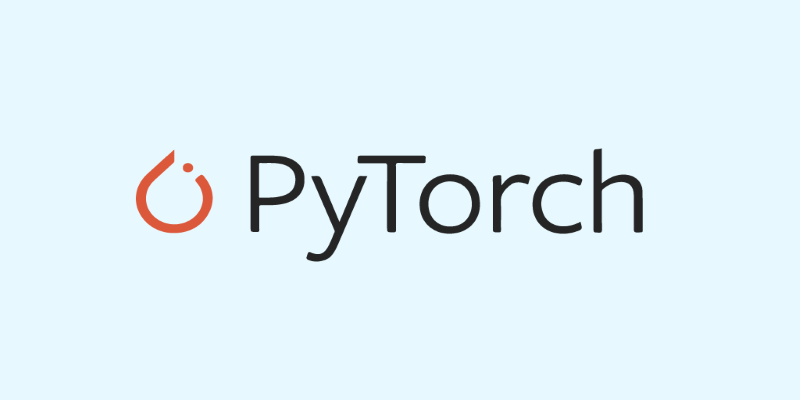
Are you running into frustrating bugs with PyTorch? Discover the common mistakes developers make and learn how to avoid them for smoother machine learning projects
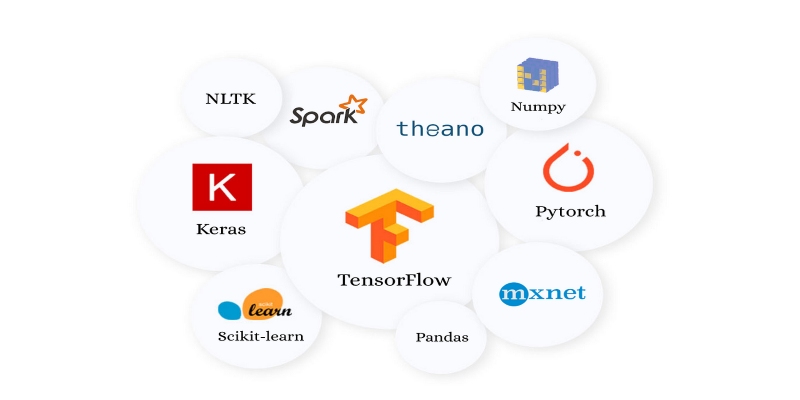
Looking for the next big thing in Python development? Explore upcoming libraries like PyScript, TensorFlow Quantum, FastAPI 2.0, and more that will redefine how you build and deploy systems in 2025
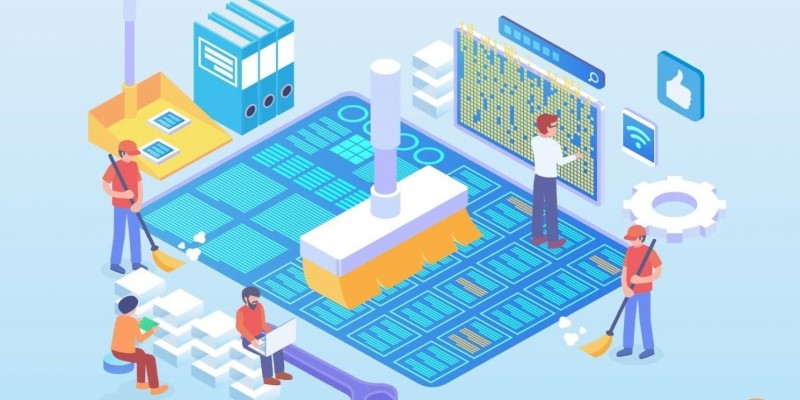
Struggling with a small dataset? Learn practical strategies like data augmentation, transfer learning, and model selection to build effective machine learning models even with limited data

The White House has introduced new guidelines to regulate chip licensing and AI systems, aiming to balance innovation with security and transparency in these critical technologies